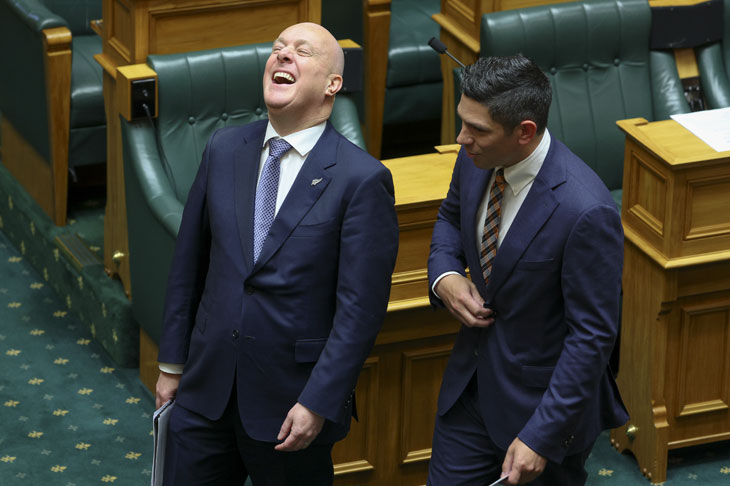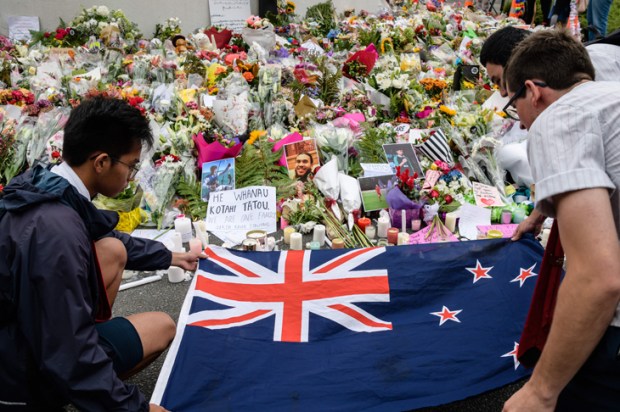There’s a historical pattern in New Zealand politics that has played out repeatedly. New governments tend mostly to leave their opponents’ initiatives in place and often build on them.
The 1935 Labour government’s epochal introduction of the welfare state was largely left intact by later centre-right National party administrations. Similarly, when Labour in the 1980s imposed a radical programme of economic deregulation, the National government that followed was happy to leave the new arrangements undisturbed.
Already a subscriber? Log in
Subscribe for just $2 a week
Try a month of The Spectator Australia absolutely free and without commitment. Not only that but – if you choose to continue – you’ll pay just $2 a week for your first year.
- Unlimited access to spectator.com.au and app
- The weekly edition on the Spectator Australia app
- Spectator podcasts and newsletters
- Full access to spectator.co.uk
Unlock this article
You might disagree with half of it, but you’ll enjoy reading all of it. Try your first month for free, then just $2 a week for the remainder of your first year.














Comments
Don't miss out
Join the conversation with other Spectator Australia readers. Subscribe to leave a comment.
SUBSCRIBEAlready a subscriber? Log in